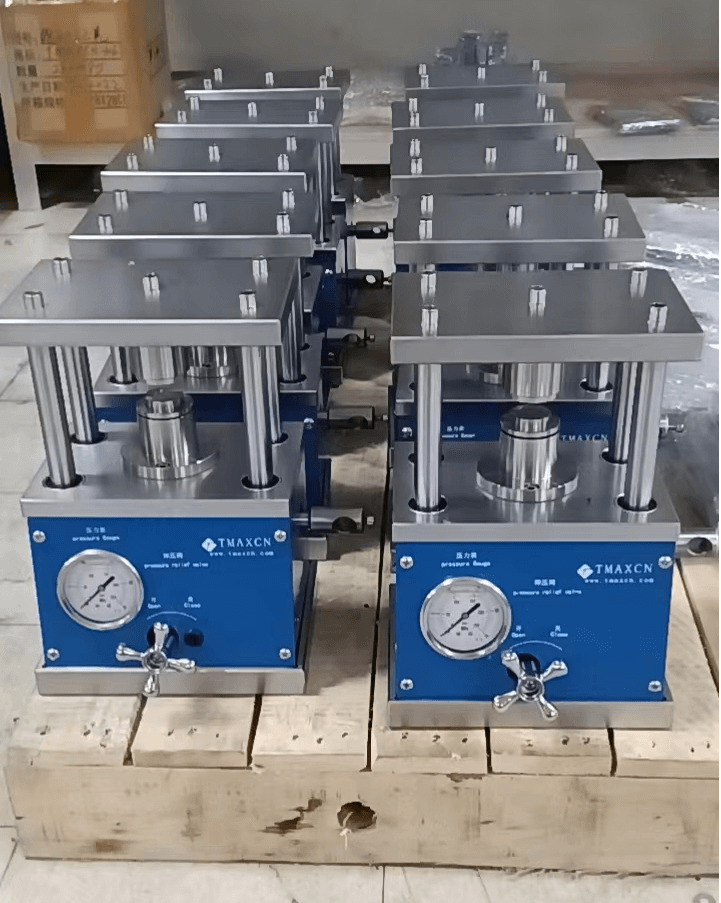- 메일 주소 : David@tmaxcn.com
- 메일 주소 : Davidtmaxcn@gmail.com
- : No. 39, Xinchang Road, Xinyang, Haicang Dist., Xiamen, Fujian, China (Mainland)
Lithium Battery Fabrication Machine Overview, Working, and Applications
Lithium-ion batteries have emerged as the dominant energy storage solution for portable electronics and electric vehicles. The production of these batteries requires advanced equipment and manufacturing processes to ensure the performance and reliability of the final product. This is where lithium battery fabrication machines come into play.
Overview:
Lithium battery fabrication line are designed to manufacture lithium-ion batteries of various shapes and sizes. These machines offer a fully automated process for producing high-quality battery cells, from electrode manufacturing to final assembly. The machines are capable of handling a range of materials and production volumes, making them suitable for both research and industrial applications.
Working:
The lithium battery fabrication plant consists of several modules that work together to produce a complete battery cell. These modules include electrode coating machine, slitting, stacking, electrolyte injection, cell winding, and formation. The machine can handle various sizes of electrode sheets, with thicknesses ranging from 80-500 microns. The electrodes are coated with active materials such as lithium cobalt oxide, lithium iron phosphate, or nickel cobalt aluminum oxide. After coating, the electrodes are dried, slit, and stacked to form a complete cell structure. The cells are then wound together with a separator and electrolyte injection is carried out. After sealing, the cells are subjected to a formation process that ensures optimal performance and long-term stability.
Applications:
Lithium battery fabrication machines are used in a wide range of applications, from research and development to large-scale industrial production. The machines can produce cells of various shapes and sizes, including cylindrical, prismatic, and pouch cells. They are used in the production of batteries for portable electronics, electric vehicles, and energy storage systems. These machines are essential for meeting the growing demand for high-performance lithium-ion batteries that can power our modern world.
Conclusion:
The development of lithium battery fabrication line
has revolutionized the production of lithium-ion batteries, making them more efficient and reliable. These machines offer a fully automated and precise process for producing high-quality battery cells. They are used in a wide range of applications, from research and development to industrial production. The future of lithium-ion batteries depends on the continued development of advanced equipment and manufacturing processes, and lithium battery fabrication machines are an important part of that process.
 English▼
English▼





 +86 13174506016
+86 13174506016 David@tmaxcn.com
David@tmaxcn.com

